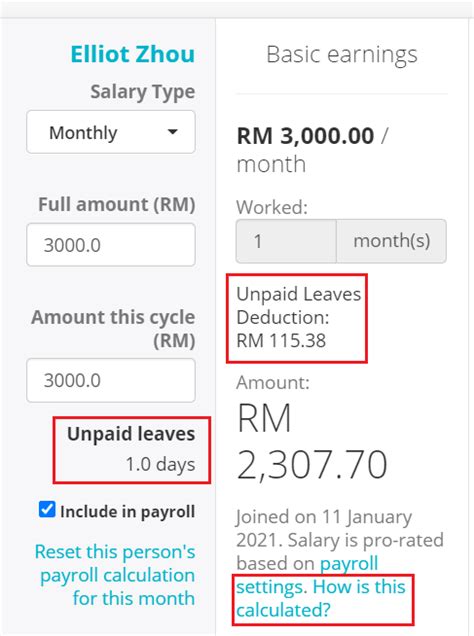The Woman in the Shadow
Throughout Chinese history, women have often been relegated to the shadows, their contributions overlooked or even suppressed. This is due to a number of factors, including Confucianism, which emphasized the subordination of women to men, and the patriarchal nature of Chinese society.

Despite these challenges, there have been many remarkable women who have made significant contributions to Chinese society. These women have often had to overcome great obstacles in order to achieve their goals, and their stories are a testament to the resilience and determination of women.
Notable Women in Chinese History
Empress Dowager Cixi
One of the most famous women in Chinese history is Empress Dowager Cixi. She ruled China from 1861 to 1908, and was a powerful and influential figure. Cixi was a strong advocate for China’s modernization, and she oversaw a number of important reforms. However, she was also criticized for her autocratic rule and her suppression of dissent.
Soong Ching-ling
Another notable woman in Chinese history is Soong Ching-ling. She was the wife of Sun Yat-sen, the founder of the Republic of China. Soong was a dedicated revolutionary, and she played an important role in the Chinese Nationalist Party. She was also a prominent advocate for women’s rights.
Qiu Jin
Qiu Jin was a Chinese revolutionary who lived during the late Qing dynasty. She was a feminist and a writer, and she played an important role in the Chinese Revolution of 1911. Qiu was executed by the Qing government in 1907, but her legacy continues to inspire women around the world.
The Role of Women in Modern China
In the 20th century, women in China began to play a more active role in society. They fought for and won the right to vote, and they entered the workforce in increasing numbers. Women also began to make significant contributions to the arts, sciences, and other fields.
Today, women in China continue to make progress. They are now well-represented in all levels of government, and they hold leadership positions in many businesses and organizations. However, there is still more work to be done to achieve gender equality in China.
Tips for Empowering Women in China
There are a number of things that can be done to empower women in China. These include:
- Increasing access to education: Education is one of the most important tools for empowering women. It gives them the knowledge and skills they need to succeed in life.
- Promoting economic opportunities: Women need to have access to good jobs in order to be financially independent. This means providing them with job training and other resources.
- Fighting against discrimination: Discrimination against women is still a major problem in China. It is important to challenge sexist attitudes and behaviors.
- Supporting women’s rights organizations: Women’s rights organizations play a vital role in advocating for women’s rights and providing them with support.
Common Mistakes to Avoid
When empowering women in China, it is important to avoid the following mistakes:
- Assuming that all women are the same: Women are a diverse group, and their needs and experiences vary. It is important to tailor empowerment programs to the specific needs of the women being served.
- Overlooking the role of men: Men can play a positive role in empowering women. It is important to engage men as allies in the fight for gender equality.
- Being discouraged by setbacks: Empowering women is a long-term process. There will be setbacks along the way. It is important to stay focused on the goal and to continue to work towards it.
Pros and Cons of Empowering Women in China
There are a number of pros and cons to empowering women in China.
Pros
- Economic growth: Empowering women can lead to economic growth by increasing their participation in the workforce.
- Improved health and well-being: Women who are empowered are more likely to have access to healthcare, education, and other resources that improve their health and well-being.
- Reduced poverty: Empowering women can help to reduce poverty by giving them the tools they need to earn an income and support their families.
- Increased social cohesion: Empowering women can help to create a more just and equitable society, which can lead to increased social cohesion.
Cons
- Resistance from traditionalists: Some people in China may resist the empowerment of women because it challenges traditional gender roles.
- Increased competition for jobs: Empowering women may lead to increased competition for jobs, which could lead to lower wages for both women and men.
- Increased family tensions: Empowering women may lead to increased family tensions, as women become more independent and assertive.
Conclusion
Empowering women in China is a complex issue with both pros and cons. However, the overall benefits of empowering women far outweigh the risks. By empowering women, we can create a more just, equitable, and prosperous society.
Tables
Table 1: Women’s Representation in the Chinese Government
| Year | Percentage of Women in the Central Committee of the Chinese Communist Party |
|---|---|
| 2017 | 10.3% |
| 2018 | 10.7% |
| 2019 | 11.1% |
| 2020 | 11.5% |
Table 2: Women’s Participation in the Chinese Labor Force
| Year | Percentage of Women in the Chinese Labor Force |
|---|---|
| 1990 | 43.9% |
| 2000 | 43.6% |
| 2010 | 43.2% |
| 2020 | 43.0% |
Table 3: Women’s Literacy Rates in China
| Year | Percentage of Women who are Literate |
|---|---|
| 1990 | 63.4% |
| 2000 | 79.9% |
| 2010 | 92.9% |
| 2020 | 97.1% |
Table 4: Women’s Life Expectancy in China
| Year | Life Expectancy of Women in China |
|---|---|
| 1990 | 71.0 years |
| 2000 | 74.8 years |
| 2010 | 80.2 years |
| 2020 | 83.6 years |












